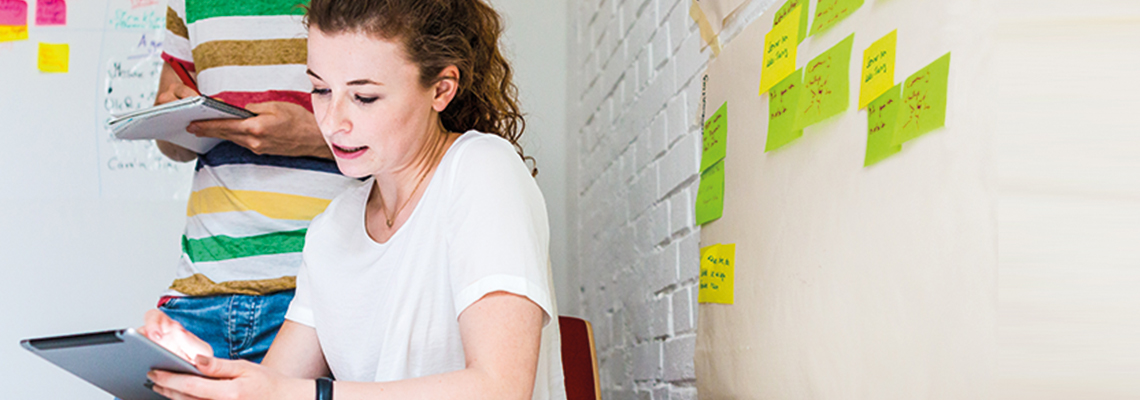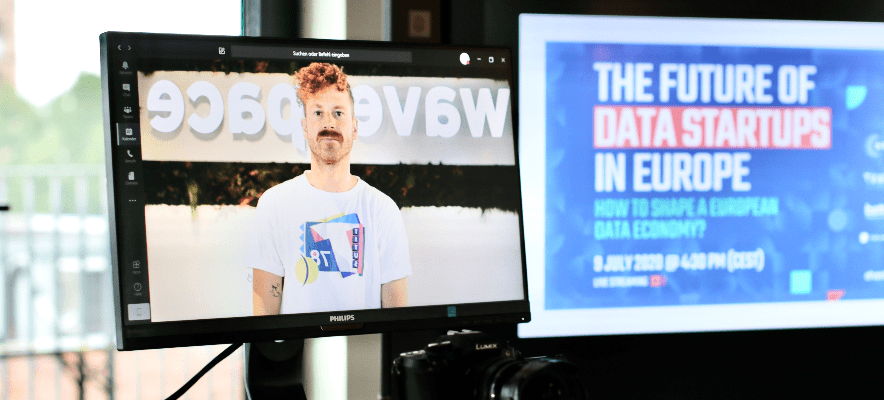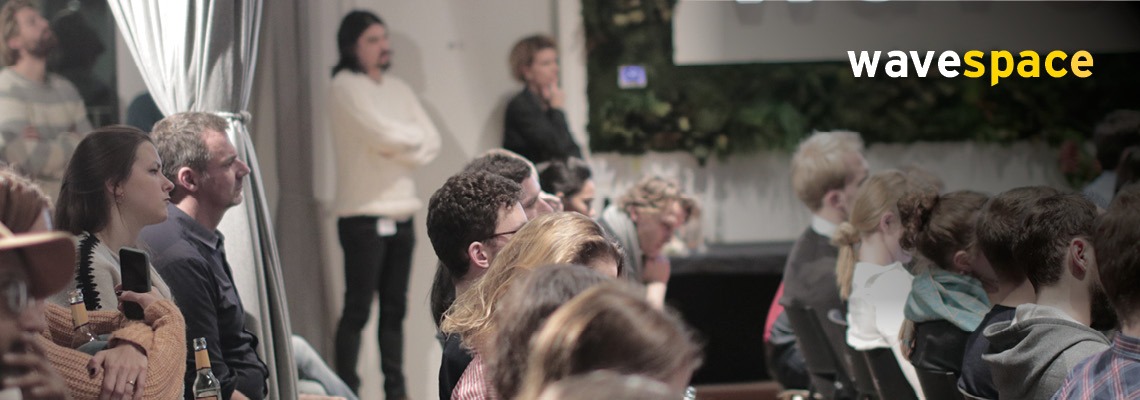Product development through hypotheses – start of the new blog series
02. February 2018
Product development is confronted with the constant challenge of supplying the customer with a product that exactly meets his needs. In our new blog series, etventure’s product managers provide an insight into their work and approach. The focus is on hypothesis-driven product development – an approach that is oriented primarily towards the “Lean Startup” philosophy.
Let’s face it:
- We do not know the ideal solution for every problem.
- We do not have an immediate answer to all our customers’ questions.
- We do not immediately know what works best for our customers’ target groups.
Nevertheless, we are still able to create added value through the products we develop and the start-ups we build.
What is the secret of successful product development?
There is no miracle weapon for successful product development. But one thing we always want to avoid when we are working on a new product, feature or start-up: to build something that nobody needs. This is not only time-consuming and expensive, but also frustrating. Therefore, we work according to scientific principles and Lean Startup to validate our critical assumptions.
“I’m not pretending we have all the answers. But the questions are worth thinking about.” Arthur C. Clarke.
Learning, learning, learning
Our main goal in developing new features, products or services and building start-ups is to learn what we don’t know. Just as science tries to decipher connections, so we try to find out what works for our target group. We want to develop a solution together with the user. Each experiment provides valuable insights into his needs and helps to determine whether we are on the right track.
Hypothesis-driven development enables us to make the right decisions, because we make our working methods risk-free through iterative and incremental steps. Each of these steps is underpinned by an experiment and a learning outcome derived from it. In our three-part blog series we would like to give insights into the hypothesis-driven development of etventure and show ways in which product development can reach a new level.
This is what you can expect in the coming weeks:
- In the first part of the series we examine why and how to define a verifiable hypothesis as the starting point for an experiment.
- In the second part we describe how to design an experiment that either validates or invalidates the hypothesis.
- Finally, we deal with the question of how to systematically use and apply the results of experiments in order to develop what the target group needs.





* Required field
Rodolfo 12. January 2021 · 12:45
Would be super helpful if this article had the three links
Marisol 15. March 2018 · 21:34
I’m loving this series! Can’t wait for the third installment.